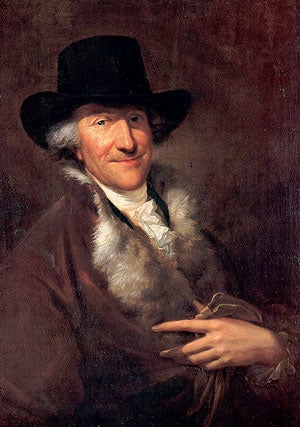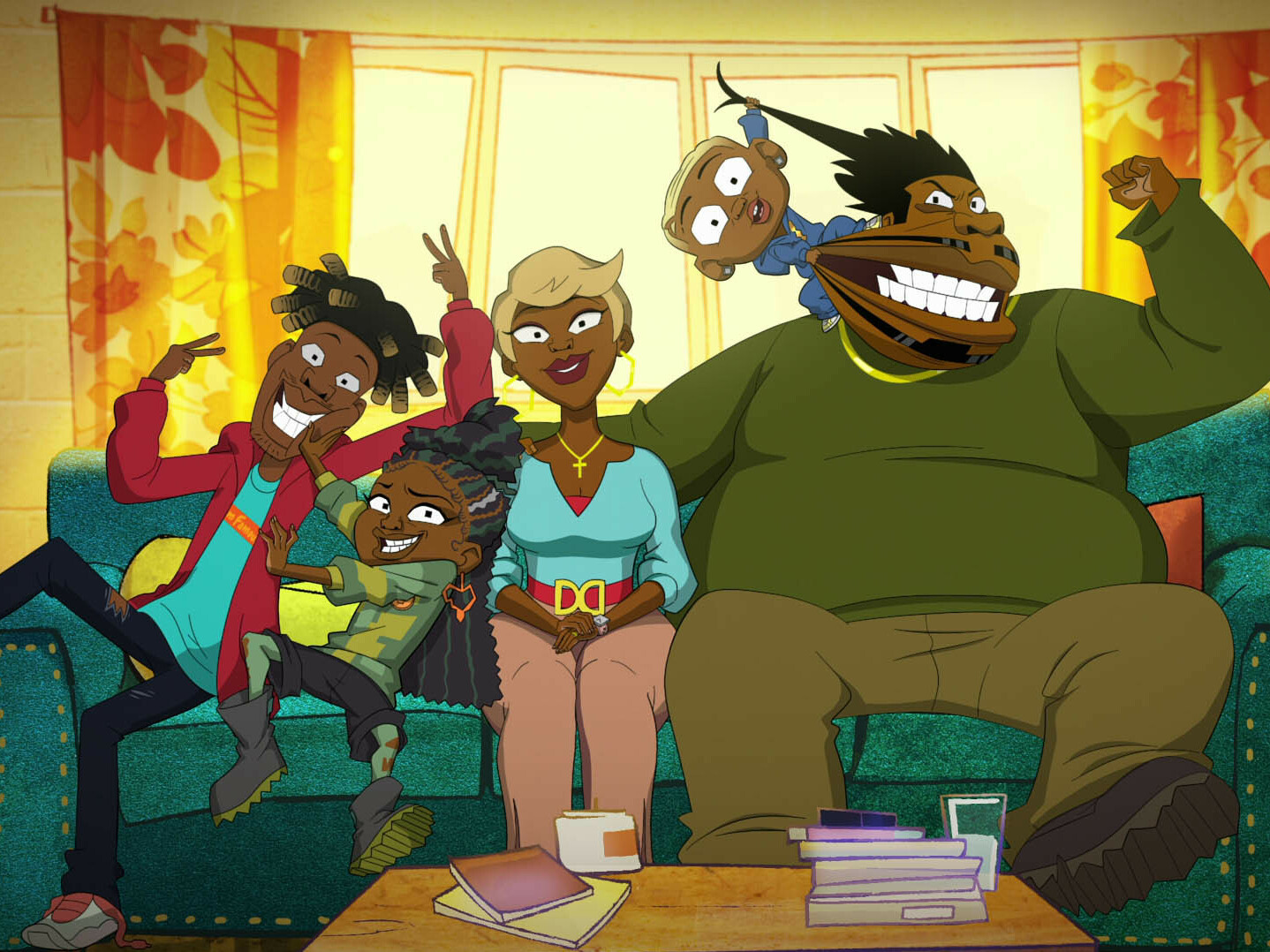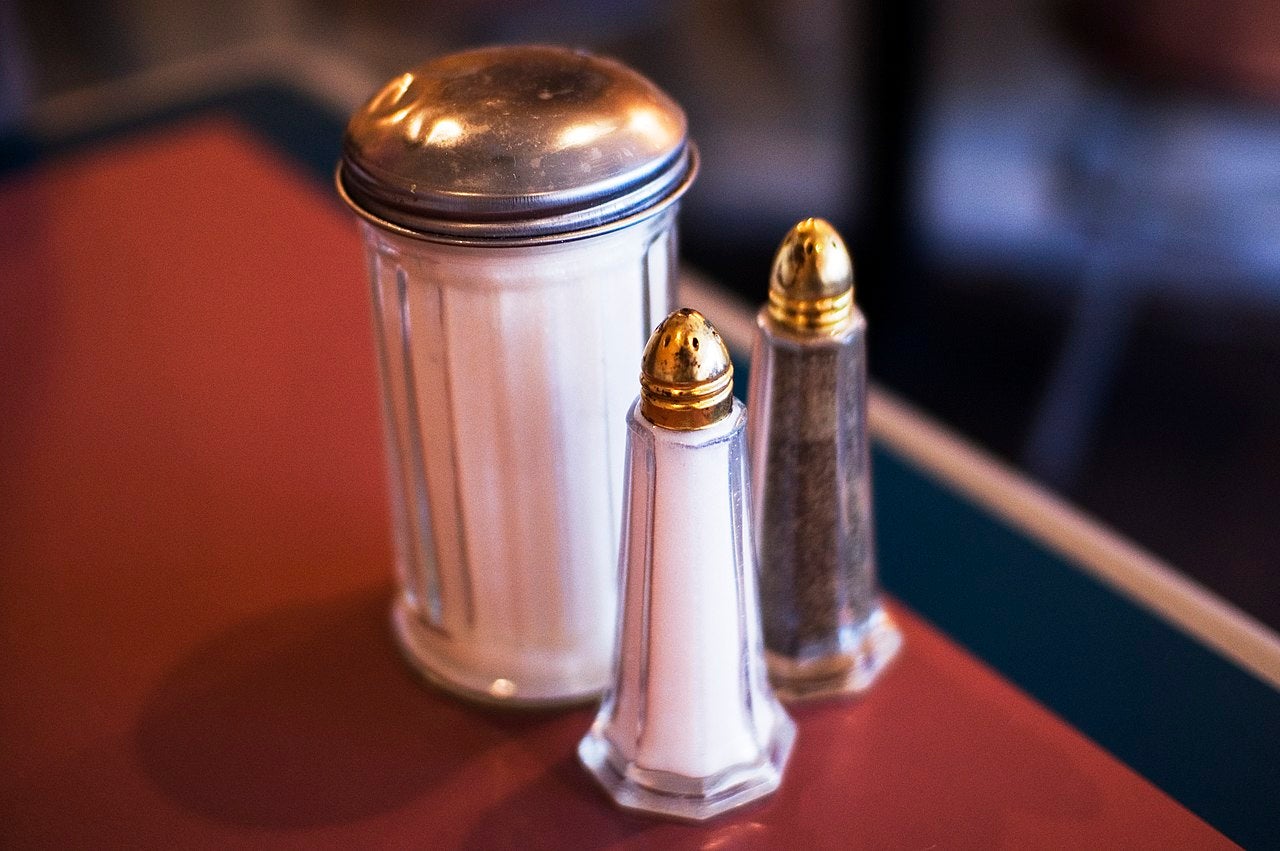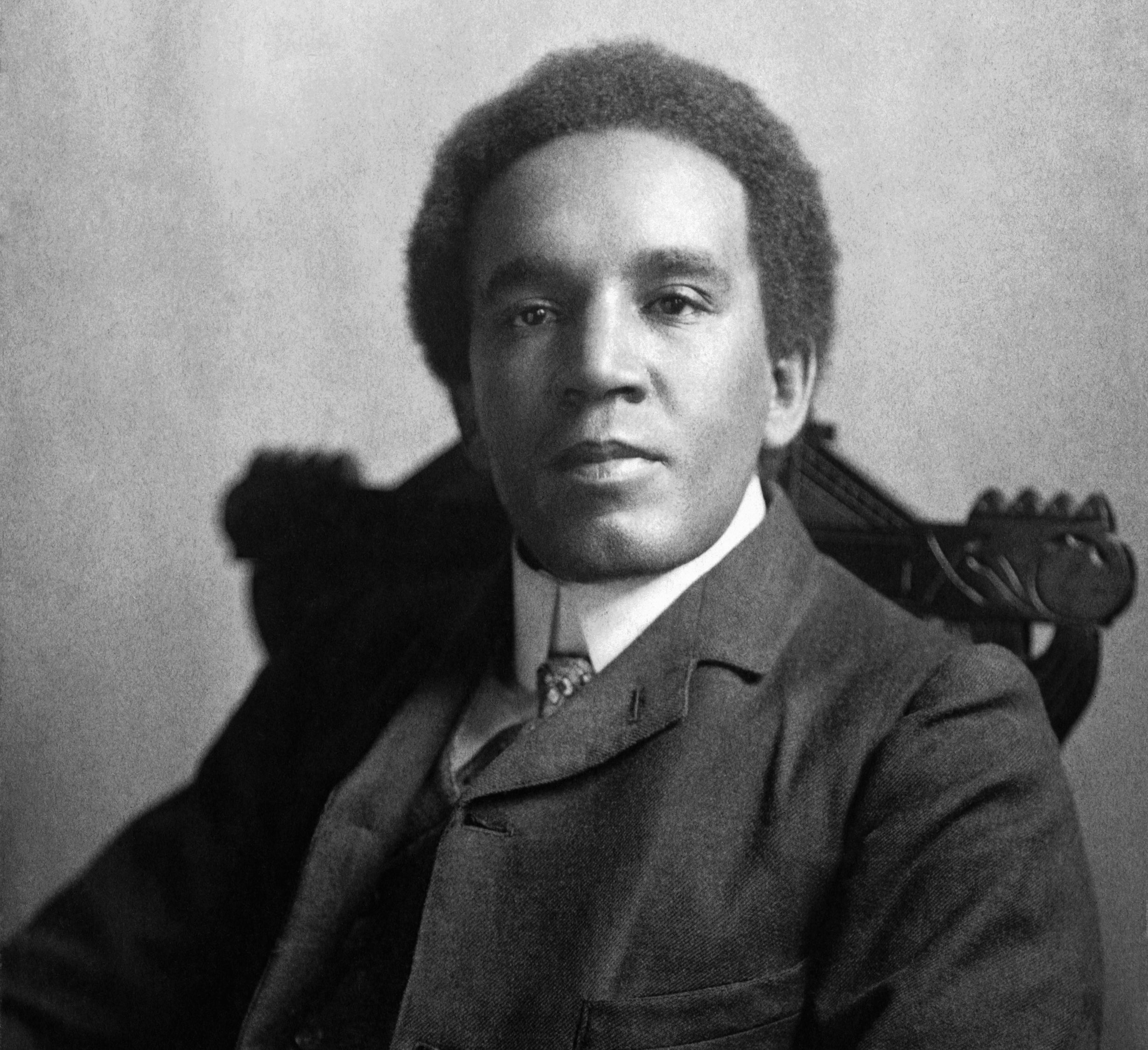Was it too much of a good thing? He was born with the best musical heritage imaginable and his talent was considerable, but Wilhelm Friedemann Bach fell short of everyone’s expectations. He was the first-born son of Johann Sebastian Bach, and that in itself may have proved a handicap. Friedemann was his father’s favorite among his four composer sons, and among the four it was Friedemann who wrote music most like his father’s.
By the 1730’s,though, Friedemann found himself defending his and his father’s harmony-rich music against those favoring a newer style that Fridemann disdained as mere “ear-tickling” and “bouncing melodies.” Friedemann and his father went so far as to dismiss as “pretty little things” the keyboard sonatas of his brother, Carl Philipp Emmanuel.
Friedemann’s academic approach to composing put him in the lonely position of writing music that was too new-fanged for older listeners but too old-fashioned for the young. Even in the area of church music–a traditional haven for organists of the Bach family–Friedemann suffered an embarrassing setback when his job application was passed over in favor of one of his father’s pupils.
Stay informed on the latest news
Sign up for WPR’s email newsletter.
In later years, Friedemann isolated himself further. He suddenly resigned from his position as a church organist, abandoned his wife and daughter, and became a vagabond–one soon in need of cash. He made what little he could from giving private lessons, and on several occasions he sold his father’s compositions as his own.
When Wilhelm Friedemann Bach died in 1784 at the age of 74, an acquaintance remembered him as one whose friends had raised him out of the dust more than once. It was said that those friends remaining had, “lodged him decently and seen to his basic needs…but his stubbornness, his glaring pride, and his strong passion for drink caused him always to drop back into misery.”
Wisconsin Public Radio, © Copyright 2024, Board of Regents of the University of Wisconsin System and Wisconsin Educational Communications Board.






